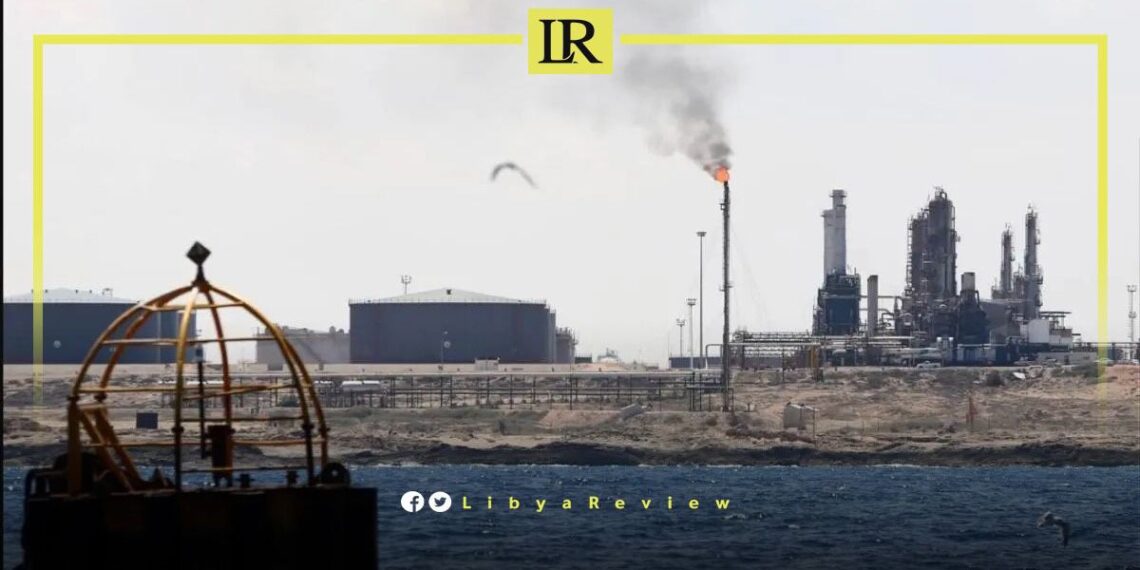Libya has garnered $6 billion in oil revenues in the first quarter of the year and anticipates an average revenue of $25 billion for the entirety of 2024, according to Suhail Boushiha, the Deputy Minister of Economy and Trade. Boushiha shared these insights in an exclusive interview with Sky News Arabia on the sidelines of the annual meetings of the IMF and World Bank in Washington.
The Libyan economy, heavily reliant on oil revenues, recorded LYD 99.1 billion ($20.69 billion) in the previous year, down slightly from LYD 105.4 billion in 2022, as per data from the Central Bank of Libya.
A member of OPEC and home to Africa’s largest oil reserves, Libya has faced political and security turmoil in recent years, which saw oil production drop to less than 700,000 barrels per day in mid-2022. Despite these challenges, production rebounded to 1.2 million barrels per day later that year and has maintained this level since.
Boushiha told Sky News Arabia that the government’s plan targets increasing national oil output to 1.4 million barrels per day within this year, with aspirations to expand production to 2 million barrels per day by 2026.
He also noted that Libya is intensifying efforts in oil and gas exploration and drilling, allocating $18 billion for these investments.
Boushiha added that the Libyan economy is benefitting this year from increased oil production and global prices, along with growth in the private sector and its rising contribution to the country’s GDP.
“In the last three years, the private sector has grown and begun significantly contributing to the country’s GDP and income sources, a shift from its previously non-existent role,” stated the Deputy Minister of Economy and Trade.
He mentioned that the Libyan private sector grew more than 35% last year compared to 2021, highlighting the increase in foreign companies operating in Libya, which now includes entities from more than 55 nationalities ranging from neighboring countries to Latin America.


